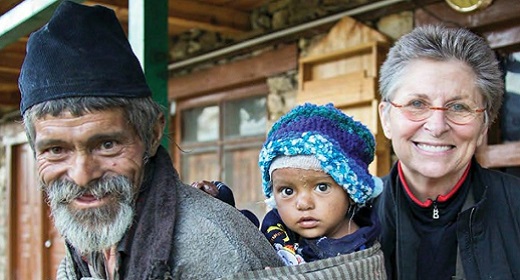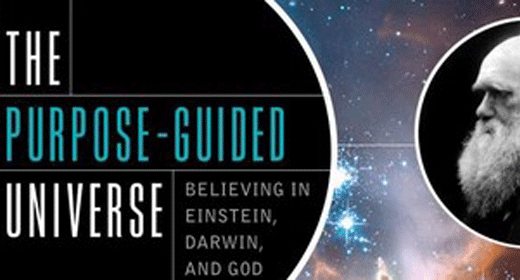by Mike McCrae: Depending on the genes you were dealt, your body could be destined for a long, healthy future that stretches on for decades to come…
Of course, your fate isn’t etched in stone. The diet you eat – and the way you eat it – could determine just how many of those prescribed days will be seen in good constitution.
Gerontologist Valter Longo from the University of Southern California in the US is convinced there’s an optimal formula to fasting and dieting that could give us the best chance of maximizing our individual lifespans.
To work out what that formula might look like, Longo and his colleague Rozalyn Anderson of the University of Wisconsin explored the literature on longevity and nutrition in a variety of living things, relating it all back to our own species.
“We explored the link between nutrients, fasting, genes and longevity in short-lived species, and connected these links to clinical and epidemiological studies in primates and humans – including centenarians,” says Longo.
Of course, a single prescribed method of eating isn’t likely to ever become a one-size-fits-all approach. Just as variations in food habits introduce a litany of pros and cons for the health of other species, from simple microbes to worms to mammals like us, our own differences in genes and stages of development will determine the risks and benefits of different food items.
People older than 65, for example, might need to add a little more protein in their diet, just to ensure their bodies have plenty of material to bulk up dropping body mass and guard against growing frailty.
Working with a healthcare provider is the best way to tailor these needs to specific individuals.
But a healthcare industry needs to be informed by a scientific consensus on the specifics of good dieting, which is something weighed down by controversy and debate.
Longo and Anderson’s study of existing literature aims to provide a solid foundation for ongoing research into the field of longevity diets, one that could move the discussion and provide healthcare specialists with an evidence-based diet that really will deliver longer lives.
While more research is needed to determine the details (research Longo is already planning out), the kinds of food items we might want to focus on in our shopping lists are already fairly clear.
According to Longo, a good amount of non-refined carbs, plant-based proteins and enough plant-based fats to meet just under a third of your energy needs is just the ticket you need.
“Lots of legumes, whole grains, and vegetables; some fish; no red meat or processed meat and very low white meat; low sugar and refined grains; good levels of nuts and olive oil, and some dark chocolate,” says Longo.










































